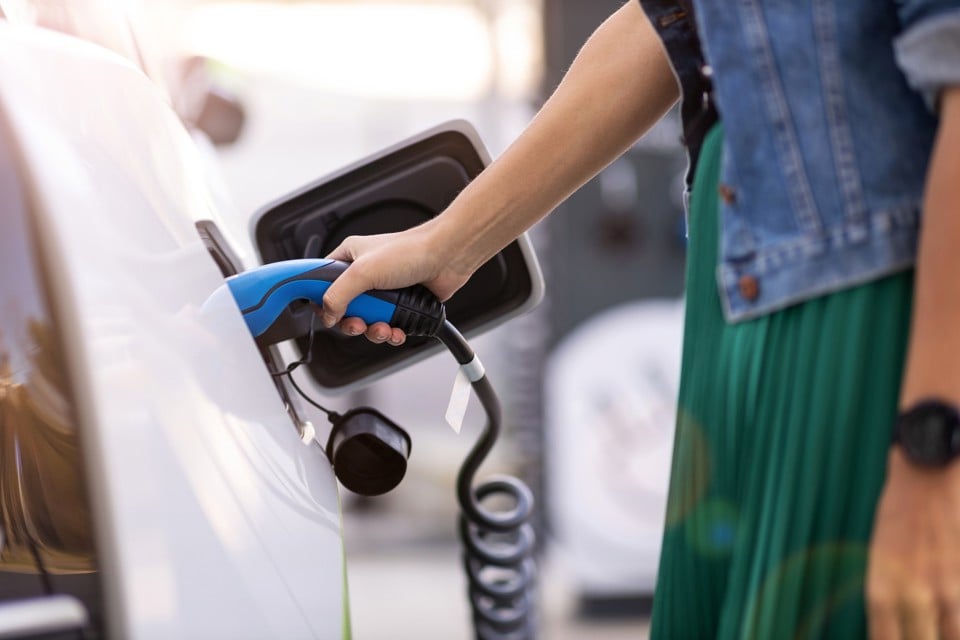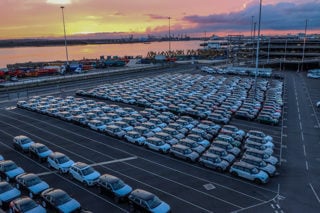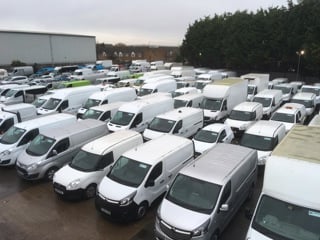The European Commission is being urged to prevent taxes being imposed on electric vehicles (EVs) traded between the EU and the UK from January 2024.
Both UK trade body the Society of Motor Manufacturers and Traders (SMMT) and the European Automobile Manufacturers’ Association (ACEA) say tariffs would damage the industry.
Mike Hawes, chief executive of the SMMT, said: “Imposing tariffs on electric vehicles traded between the UK and EU would damage the entire automotive ecosystem on both sides of the Channel. Yet, this could easily be avoided by simply delaying the introduction of over-demanding rules of origin requirements.
“We urge the EU and UK to agree a pragmatic solution and quickly because raising the cost of EVs will not only constrain the transition, but will limit consumer choice and, ultimately, compromise the competitiveness of an industry on which so many livelihoods depend.”
The prices of many EVs, which are sold or made in the UK and Europe, could increase by 10% or more from 2024 when tariff exemptions, agreed as part of the Brexit deal, end.
The UK-EU Trade and Cooperation Agreement (TCA) temporarily exempted EVs from rules that said products must be substantially made in Britain or the bloc to qualify for the EU’s zero tariff, zero quota regime, because EV batteries are predominantly imported from Asia.
The ACEA says that the 10% tariff could cost EU vehicle makers €4.3 billion (£3.74bn) over the next three years, potentially reducing EV production by some 480,000 units, the equivalent output of two average-size auto factories.
Under more restrictive ‘rules of origin’ due to apply from January, the only way to avoid these duties will be to source all battery parts and some critical battery material in the EU/UK. This is practically impossible to achieve today, says the ACEA.
“Driving up consumer prices of European electric vehicles, at the very time when we need to fight for market share in the face of fierce international competition, is not the right move – neither from a business nor an environmental perspective,” explained Luca de Meo, ACEA president and CEO of Renault Group.
“We will effectively be handing a chunk of the market to global manufacturers.”
He continued: “Europe should be supporting its industry in the net-zero transition as other regions do – not hindering it.
“There is a very simple and straightforward solution: extend the current phase-in period for battery rules by three years. We urge the Commission to do the right thing.”
Under the TCA, a maximum of 45% of the value of products is allowed to originate from outside the EU in order to benefit from zero-tariff trade.
Until January 1, 2024, at least 40% of the content of EVs and 30% of batteries must originate from the EU or the UK. From 2024 until January 1, 2027, this increases to 45% of the vehicle and 50-60% of batteries. If this is exceeded, carmakers will have to pay a tariff of 10%.
























Login to comment
Comments
No comments have been made yet.